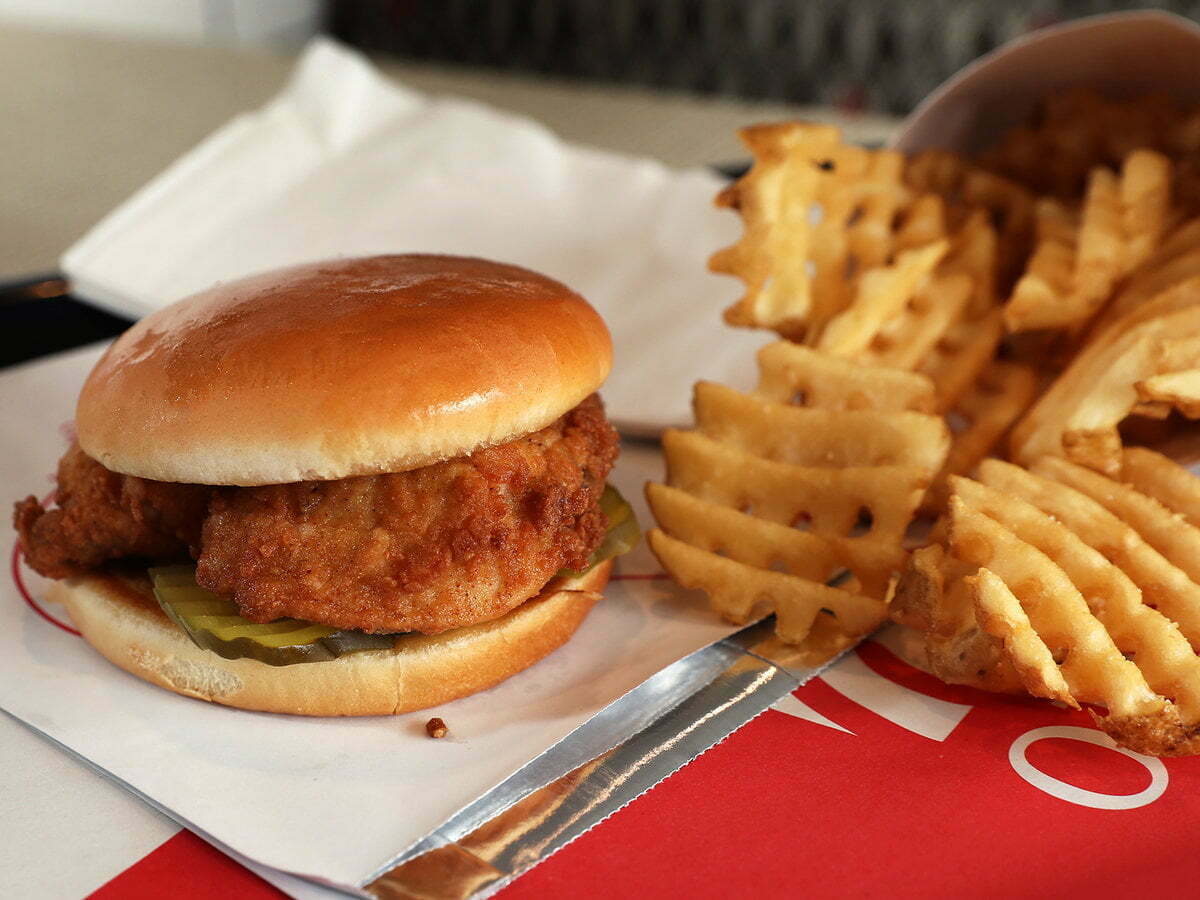Despite repeated public attention campaigns and professional nutritional hints, the obesity epidemic is a persistent hassle inside the United States. Obesity-related situations, which include metabolic syndrome, are a developing difficulty. The lack of personalized nutritional recommendations may partly be the purpose for this. For example, one look at pointed out that giving precise weight loss pointers and having an empathetic technique closer to those looking to lose weight may be an awful lot greater useful than truely telling a person to improve their diet. Another fascinating look at nice pointed to genes as a key aspect wthatcan determine which weight loss program works.
At the time, the researchers concluded that if they mirrored the identical findings in humans, they would prove that precision dietetics” may work a lot higher than the standard “one-length-fits-all” approach.

Now, groundbreaking research does simply that. Drawing from a large dual examine, scientists have accelerated the findings by carrying out a nutritional response observation with implemented machine gaining knowledge of algorithms to show that one size virtually would not match all in relation to someone’s weight-reduction plan. In fact, the brand new observe well-known shows that even identical twins reply otherwise to meals. These findings are a part of the largest ongoing scientific look at its type, which researchers at King’s College London (KCL) within the United Kingdom and Massachusetts General Hospital in Boston — in collaboration with dietary technology business enterprise ZOE — performed.
The crew offered the primary outcomes of this ongoing research at each the American Society of Nutrition convention (which came about in Baltimore, MD) and the American Diabetes Association conference (which befell in San Francisco, CA). Tim Spector, a professor of genetic epidemiology at KCL, led the TwinsUK Study, which supplied the muse for this big new challenge. Prof. Spector is also the medical founding father of ZOE.
Studying human beings’ responses to food
In the TwinsUK, take a look at, Prof. Spector and the team examined 14,000 identical and nonidentical twins so one can recognize the causes of diverse persistent situations and distinguish between what can be genetic or environmental triggers. Secondly, as part of the large-scale new research assignment called “PREDICT 1,” Prof. Spector and associates elevated the TwinsUK findings by examining the biological responses that 1 hundred members needed to positive ingredients over a period of 14 days. Around 60% of those members had been twins.
The researchers measured markers together with blood sugar degrees, triglycerides, insulin resistance, stages of physical activity, and the fitness in their gut microbiome. Comfort food addiction is described with these characteristics. Food products with a high level of sugar, fat, salt, and other chemicals that have been processed together to enhance and amplify flavors will above-normal food levels.
Due to the abnormally high levels of sugar, fat and salt, and other chemicals, the body changes its chemistry to adapt to the effects of digesting these foods, which can physically change a person’s chemistry. Once the body’s chemistry has changed, which affects emotional and mental association to eating comfort food and relaxation through repeated eating comfort food, reinforcement of behavior with comfort food the mind learns to relax before it even starts to eat your comfort food. That experience forms mentally addicted attachment and behavior.


























Hello!! My name is Jeanine
I love to eat, travel, and eat some more! I am married to the man of my dreams and have a beautiful little girl whose smiles can brighten anyone’s day!